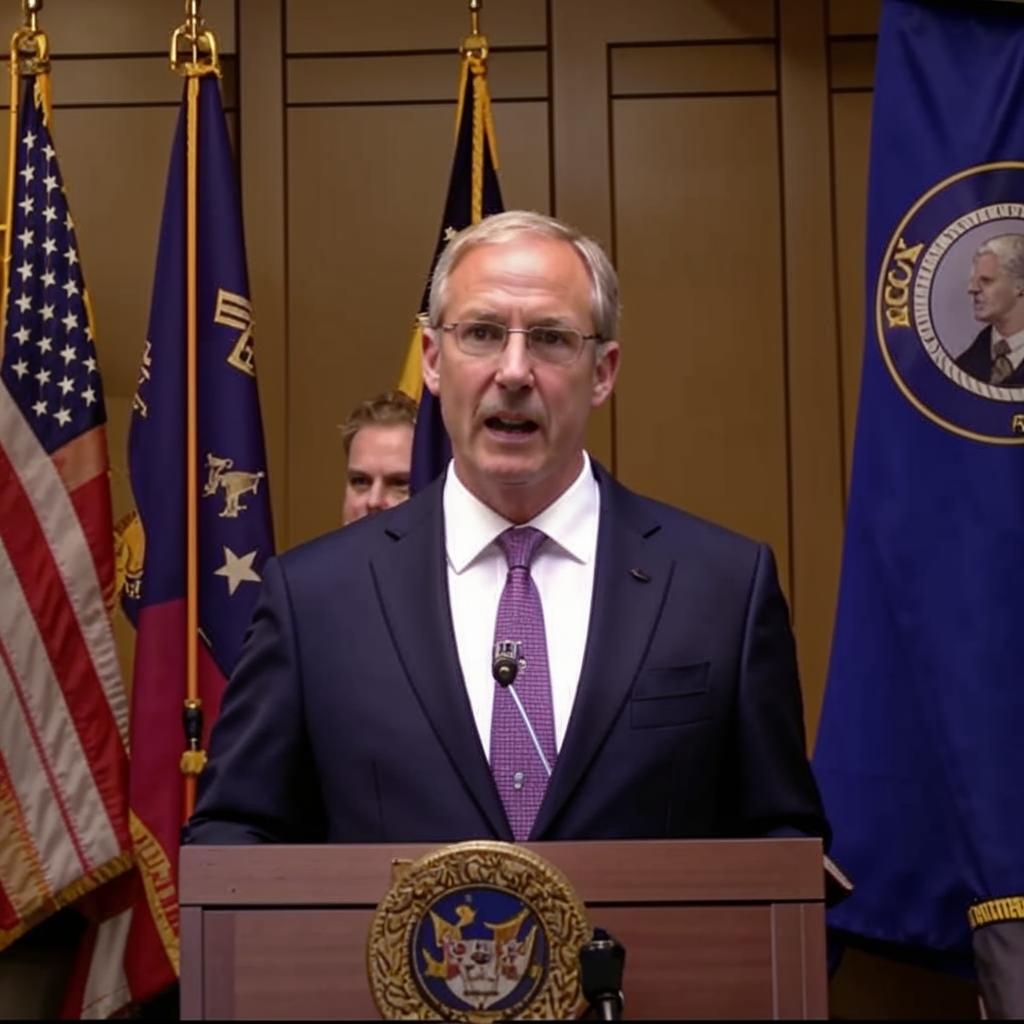Social media’s pervasive influence on mental well-being, particularly among young adults, is increasingly concerning. Research consistently reveals a correlation between heavy social media usage and heightened risks of depression, anxiety, and low self-esteem. The constant exposure to curated, often unrealistic, portrayals of others’ lives fuels social comparison, leading to feelings of inadequacy and envy.
Studies highlight the addictive nature of social media platforms, designed with algorithms that prioritize engagement, often at the expense of users’ mental health. The fear of missing out (FOMO) drives compulsive checking, disrupting sleep patterns and contributing to stress. Cyberbullying and online harassment are additional factors exacerbating the negative effects.
While social media offers potential benefits like connectivity and access to information, its detrimental impact necessitates mindful usage. Experts recommend setting time limits, curating content to avoid triggering comparisons, and prioritizing real-life interactions. Promoting media literacy and critical thinking skills are crucial for navigating the digital landscape and mitigating the risks to mental health. Fostering open conversations about the pressures of social media and seeking professional help when needed are vital steps in safeguarding the well-being of young adults in the digital age. Prioritizing mental health requires a conscious effort to balance online engagement with offline activities and self-care practices.














